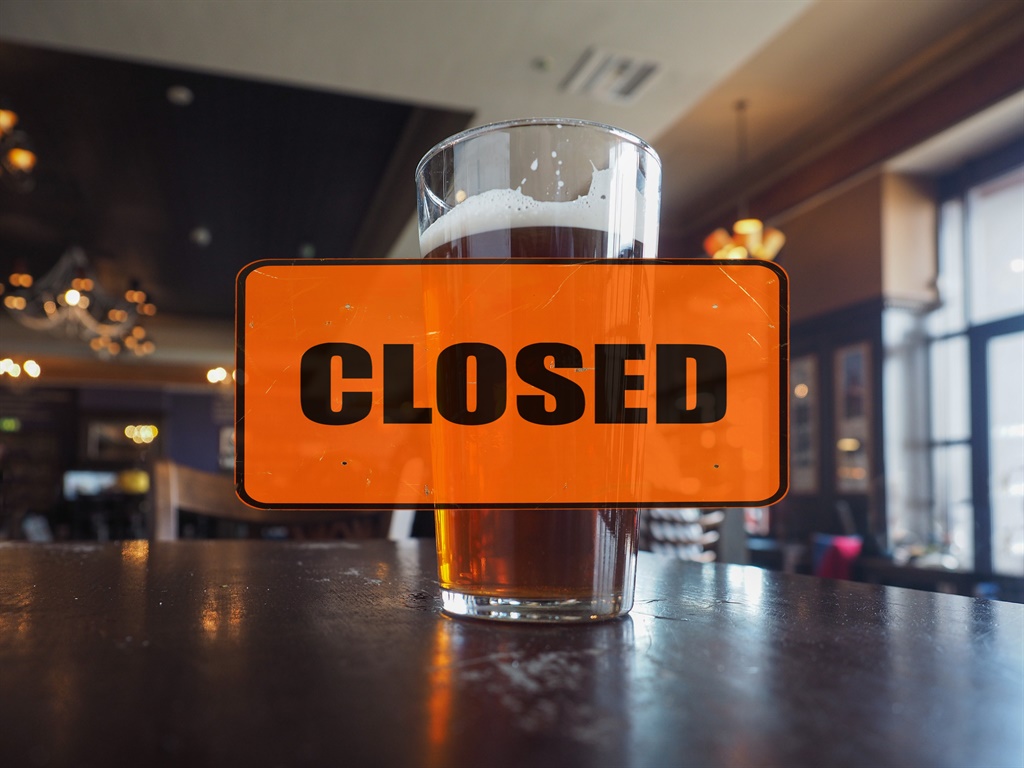
It is not often that you hear someone explicitly thank politicians.
That breed is usually met with complaints, derision and mockery.
But there are those rare occasions when politicians get an unrestrained thumbs-up.
This week provided that opportunity in Germany when Chancellor Angela Merkel announced that her government had decided to give the Bundesliga permission to resume its league programme from next weekend.
“I would like to thank the politicians for today’s decision, which enables the Bundesliga season to be played to a finish,” Bayern Munich chairperson Karl-Heinz Rummenigge commented.
The league race was tight when the Covid-19 coronavirus pandemic forced the cessation of football in March, with Bayern Munich leading Borussia Dortmund by four points.
There were fears that the league would be abandoned entirely, but, from next weekend, the Belarussian Premier League (BPL) will have some real competition from one of the world’s top leagues.
The BPL cemented its place in the hearts of those who had turned to it in this time of football drought.
So, with that piece of good news out of the way, it is off to the 1920s we go.
This is the period in history when we find names that will ring familiar to aficionados of mob movies – Lucky Luciano; Frank Costello; Arnott Rothstein; Johny Torriso; and, of course, Al Capone.
These were bad men who ruled America’s underworld in that decade and were almost an alternative government.
The significance of these men is that, while they made their way up in the criminal world in the years preceding the 1920s, this was their decade of boom.
It was the decade of the Prohibition, when moralists – mostly of a religious bent – pushed through a constitutional amendment banning the production, importation, transportation and sale of alcoholic drinks.
The Prohibition movement blamed the “demon drink” for many of the ills of society – domestic abuse, crime, public disorder, absenteeism and low productivity being high up on the list.
To those backing this movement, the panacea for the US’s problems was banning this thing outright.
When they persuaded the nation’s legislators at national and state level to do so, the battle was won.
Because it was a constitutional amendment, the ban would be permanent.
But what they did not account for was the fact that the force of demand would triumph over their paternalistic attempt to dictate personal choices to citizens.
READ: Mondli Makhanya: Evangelists are abusing power with ludicrous lockdown laws
Into the breach stepped the characters mentioned above. They produced, transported, imported and sold alcohol to a thirsty population.
They ran clubs known as speakeasies, where booze was consumed and great fun was had by all.
For those who could not afford the sophisticated alcohol, there were deadly home-made brews that ended up harming and killing tens of thousands.
As with all illicit industries, the underground booze trade needed an official infrastructure to survive and thrive.
Enter the law enforcement agencies, politicians and bureaucrats.
They formed part of this booming industry that was beyond the control of a government that had failed not only to curb drinking, but was losing out on tax revenue.
In the alternate world where there were few rules of engagement, turf wars were inevitable.
Thousands died as gangs that were loyal to different lords did battle on city streets.
Historians record that, instead of the Prohibition curbing crime and disorder, lawlessness surged.
Corruption also increased because the police, prosecutors and other law enforcers were an integral part of the syndicates.
It has been said that the Prohibition era put the word ‘organised’ into the term organised crime.
It was in this time that Mafia “families” entrenched their position in American society.
By the time the Prohibition was lifted in the early 1930s, the networks were cemented and their way of working had become professionalised.
Now, it may be a stretch comparing the 1920s Prohibition to the version that we are experiencing in South Africa today in relation to the alcohol and tobacco bans, but the parallels are hard to ignore.
You have a bunch of morality controllers who believe they know what’s good for the people and so impose their prejudices on everyone.
They use the same moral arguments as the US lawmakers of the 1920s did to make the point that society would be a better and healthier place without these products.
It helps, of course, that there is a deadly pandemic at play, but society has seen through their ulterior motives.
The results are also the same.
The underground markets are flourishing. Ganglords have added cigarettes and alcohol to their usual staple of hard drugs.
New players have emerged – mostly law-abiding citizens who have seen a gap and taken it.
Law enforcement members have become a key conduit of underground products as they are the ones with freedom of movement and the cover to transport goods.
The home-made brew revolution has taken off, the harmful results of which we will only know in time.
And South Africans are forking out ridiculous amounts of money for these illicit goods, further damaging the mainstream economy and the fiscus.
Even they are being criminalised as they scour the streets for usually legal products that have become as illegal as heroin and nyaope.
When all of this is over, the networks created during this lockdown prohibition will still be there.
And so will the bad habits created by making law-abiding citizens resort to criminality to do what the common law and the Constitution do not frown on.




 Publications
Publications
 Partners
Partners








